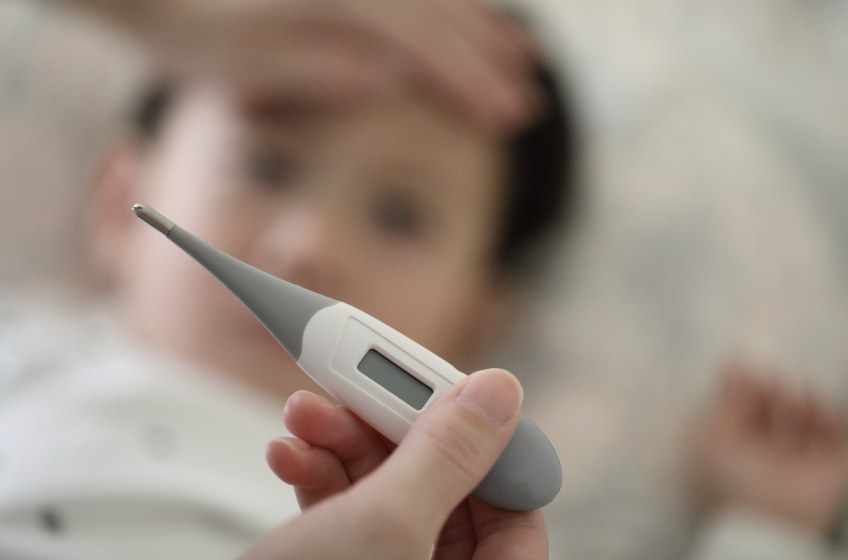Preventive tips include:
- Frequent Handwashing: Use soap and water, and sanitize when necessary.
- Safe Food & Water Choices: Stick to bottled or boiled water, check that ice is purified, and choose reputable eateries.
- Avoid Sharing: Do not share utensils or drinks.
- Be Cautious with Street Food: Opt for stalls with high food turnover and good hygiene practices.



